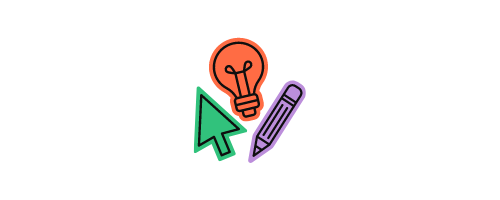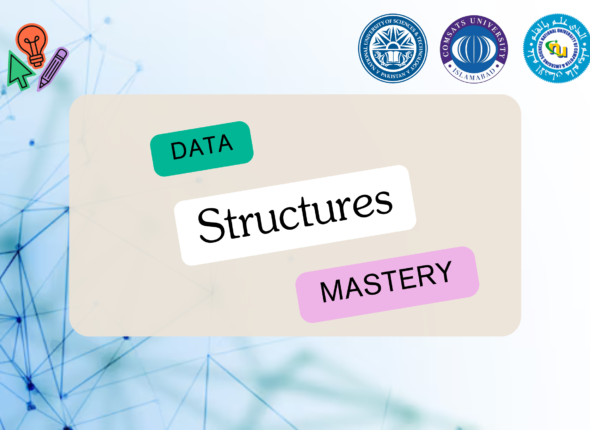
Programming Fundamentals Mastery
Course Description
The Programming Fundamentals course introduces basic programming concepts and techniques using Java or C++. This course is designed for beginners and aims to build a strong foundation in programming through a combination of theoretical knowledge and practical exercises. Students will learn to write simple programs, understand control structures, utilize functions, and grasp the principles of object-oriented programming (OOP). By the end of the course, students will be equipped with the skills to develop basic applications and a solid understanding of programming fundamentals.
What You’ll Learn From This Course
By the end of this course, students will:
- Understand fundamental programming concepts, including variables, data types, and control structures.
- Develop problem-solving skills using programming logic and algorithms.
- Gain practical experience in writing, testing, and debugging programs.
- Learn to create and use functions to organize code effectively.
- Understand the principles of object-oriented programming, including classes and objects.
- Write simple applications using either Java or C++.
- Develop a project that integrates the concepts learned throughout the course.
Course Outline (Contents and Division)
Total Duration: 1 Month
Total Lectures: 12 (3 lectures per week)
Week 1 (Lectures 1-3)
Lecture 1: Introduction to Programming
- Overview of programming and its importance.
- Introduction to Java/C++ and the development environment setup.
- Writing the first program: “Hello, World!”
Lecture 2: Variables and Data Types
- Understanding variables and their types (int, float, char, etc.).
- How to declare and initialize variables.
- Basic input/output operations.
Lecture 3: Control Structures – Part 1
- Introduction to control structures: if statements and switch cases.
- Creating simple decision-making programs.
- Practical exercises to reinforce learning.
Week 2 (Lectures 4-6)
Lecture 4: Control Structures – Part 2
- Understanding loops: for, while, and do-while loops.
- Implementing loops in programs.
- Practical exercises focusing on looping concepts.
Lecture 5: Functions – Part 1
- Introduction to functions: definition, syntax, and importance.
- How to create and call functions in Java/C++.
- Understanding function parameters and return types.
Lecture 6: Functions – Part 2
- Advanced function concepts: overloading and recursion.
- Practical exercises to apply function concepts.
- Debugging function-related issues.
Week 3 (Lectures 7-9)
Lecture 7: Arrays and Strings
- Understanding arrays: definition and usage.
- Working with one-dimensional and multi-dimensional arrays.
- Introduction to string handling in Java/C++.
Lecture 8: Introduction to Object-Oriented Programming (OOP)
- Understanding OOP concepts: classes, objects, inheritance, and polymorphism.
- Creating and using classes in Java/C++.
- Practical examples to illustrate OOP concepts.
Lecture 9: OOP Principles – Part 2
- Exploring encapsulation and abstraction.
- Designing simple classes and objects.
- Practical exercises to reinforce OOP principles.
Week 4 (Lectures 10-12)
Lecture 10: Error Handling and Debugging
- Introduction to common errors: syntax, runtime, and logical errors.
- Techniques for debugging and error handling in Java/C++.
- Best practices for writing error-free code.
Lecture 11: Final Project Preparation
- Guidelines for the final project: integrating learned concepts.
- Brainstorming project ideas and planning.
- Group discussions and feedback sessions.
Lecture 12: Final Project Presentation
- Presentation of final projects by students.
- Evaluation and feedback from peers and instructors.
- Course review and wrap-up.
Certification
Upon successful completion of the Programming Fundamentals course, students will receive a Certificate of Completion. This certificate signifies that the student has acquired essential programming knowledge and practical skills, enabling them to pursue further studies in computer science or software development.







